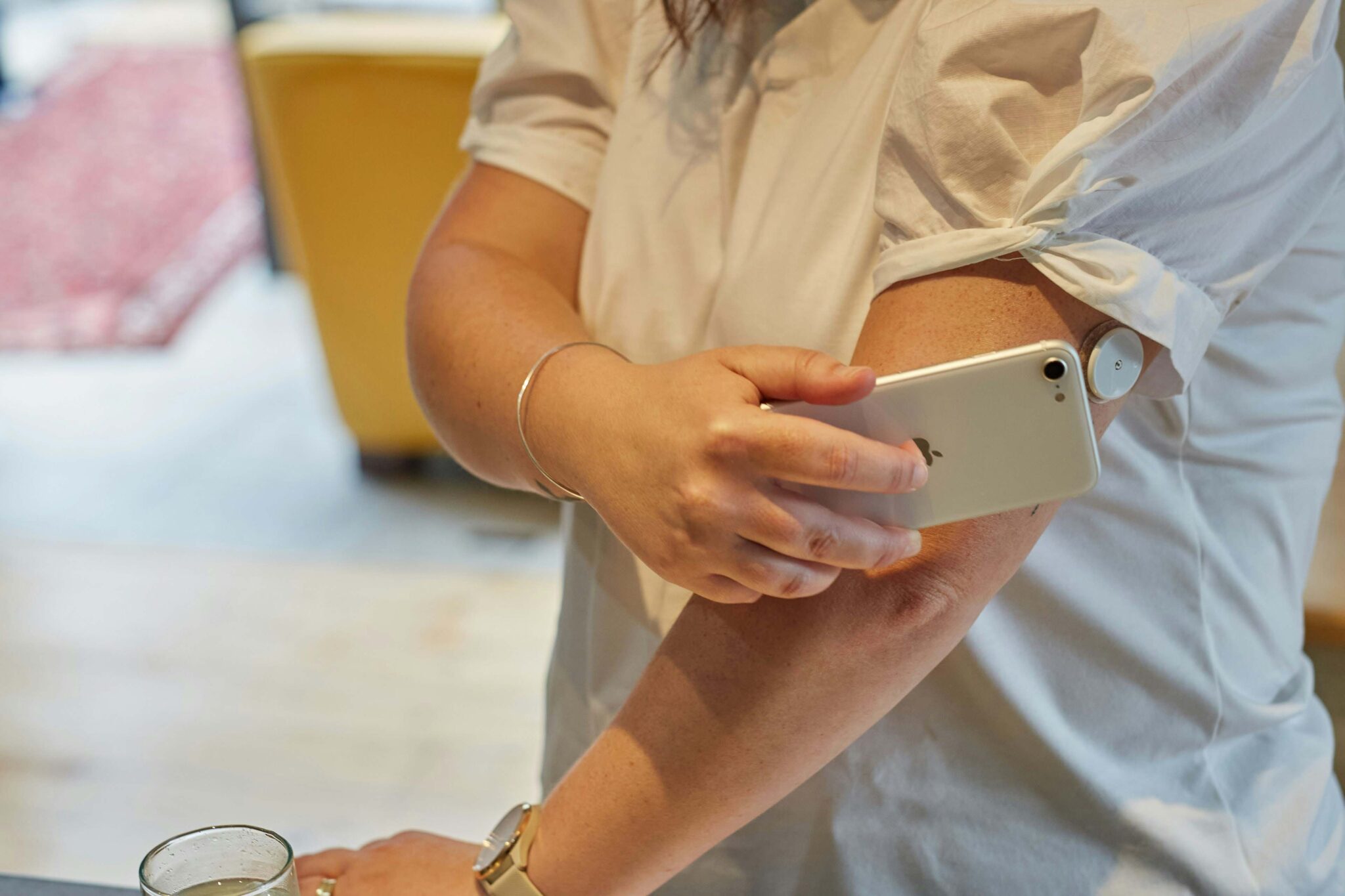Here’s Why You *Shouldn’t* Monetize Your Side Hustle
Typically when we think of side hustles, it’s a way to make more money in addition to our nine-to-five salary. It seems to be all upside, right? You’re doing something you enjoy, filling your free time with a purposeful hobby, maybe getting some professional development out of it. And hey, you’re making a little extra money to boot.
But recently, there’s been a pushback against the “hustle culture” mindset that pushes us to monetize our hobbies. Your passion projects, this contingent argues, don’t have to be valuable in the financial sense. You can find value through the inherent pleasure of doing said hobby, whether that’s making beaded necklaces or tutoring kids after school.
Have you been wondering if it’s time to start that Etsy shop or set up a website? Hold your horses. Here’s why you should keep your passion project more passion, less project – and avoid monetizing your hobby.

The rise of the side hustle
“The notion of a side hustle has evolved in recent years,” says Janel Abrahami, Millennial Career Coach and Creator of Lunch Break. “It began as a solution to supplemental income (think picking up contract admin work, teaching or tutoring after-hours, or tapping into the gig economy through rideshare or delivery apps). Now, the side hustle has shifted into an avenue for more personal fulfillment, with folks building platforms for their creative and intellectual passions outside of their 9-5’s. Today, the side hustle is more equivalent to a passion project.”
Why you shouldn’t monetize your hobby
- Your hobby might lose its meaning. “Adding the burden of monetization at the beginning may discount possibilities that have meaning for us personally,” says Gail Weiss Gaspar, MA, author of Carrying My Father’s Torch. “A side hustle is a unique form of expression and fulfillment. Determine if the goal of one is to supplement income from a job or (initially) to find a new path for expression.”
- You could experience a shift in satisfaction. “When you monetize your passion project and turn it into a business, the priority shifts from your satisfaction to that of your clients or customers,” says Abrahami. “If you want to make money, you need to deliver something that people love, which can sometimes be at odds with what you personally prefer. By introducing a need for profit and keeping customers happy, you risk leaving your favorite products or services on the cutting room floor or tamping down the activities you love most in favor of services you don’t particularly love but you know sell well.”
- You could increase your hobby expenses. Even though you’re considering monetizing your side hustle to bring in some extra cash, setting up a sustainable business model can become quite expensive over time, Abrahami says. Most businesses (no matter how small) are advised not to process sales through free apps like Venmo, encouraged instead to go more “legitimate” routes like Stripe or PayPal. However, these services automatically take a cut of your sales. And that’s just payment processing. Your expenses can start to rack up when you account for purchasing raw materials, production expenses, marketing costs, transportation, shipping, or any additional help you’d need to hire to scale your side hustle and serve more customers. You’ll likely lose money in your first year of monetizing your side hustle instead of bringing it in.
- You might experience a loss of fulfillment. Leveraging an idea or passion into a side hustle allows for greater freedom of self-expression, says Gaspar. It takes us outside of what has become routine and provides an outlet for creativity and an expansion of identity. The sense of trying something new can give a sense of fulfillment and control, which a full-time job may not.
- You could feel pressure to keep going. You started your side hustle for the freedom to create or share value in a way that you love, right? What happens when more and more people like to consume what you create? They expect more of it. And more, and more, says Abrahami. Building a loyal, engaged client base is a wonderful thing. But it comes with the pressure and expectation to keep your operation running consistently. If you’re a content creator, that means showing up on social media even when you don’t feel like it. Creating physical goods means making more units and fulfilling orders even when you’re tired and uninspired. If you teach or coach, that means holding space and energy for your clients even when you’re burnt out and don’t want to interact.
- Or, you might feel the burden to stay the same. This can also look like the pressure to keep delivering the same goods or service you started with, even when your interests or inspiration have evolved, Abrahami continues. The beauty of a passion project is its ability to change and grow with us, beholden only to our own whims and personal needs.
Why bother with a side hustle if not to make money?
You may think that spending your money and time on a side gig is not worth it if it won’t create income, but that is not the case.
“A side hustle opens a window to what feels important now,” Gaspar says. “It encourages the pursuit of something that may be related or entirely different than a job, which may have been started years before without much consideration for how it fits one’s skills, temperament, and values.
“Pursuing something on the side allows for exploration of creative ideas, new opportunities (build new skills and network) and problem solving; it mitigates risk by starting small; it may strengthen skills for an existing career or spark a new career.”
Similarly, so many of us feel that we are lazy if we are not doing something (financially) valuable to others. Abrahami encourages us to think differently.
“In this era of ‘great awakening’ and reprioritizing our relationships with labor, it’s important to remember that there is no need for the things you love to be ‘productive,'” she points out. “You’re allowed to do things simply because you love doing them, which is more than enough!”
2 thoughts on “Here’s Why You *Shouldn’t* Monetize Your Side Hustle”
Comments are closed.













Interesting, Ronnie! I read this with writing-a-book as my side hustle in mind…I had to ask myself questions around each of your points before I started writing, to determine if the time investment was worth it. I’ll let you know how it turns out down the road!
Hey Emily! It was really interesting interviewing and writing this article. We always think of a side hustle as a way to make money. As someone who wrote a book… It’s a big commitment, a lot of work, and you need thick skin. You definitely don’t make money from it. HOWEVER, I’m so glad I wrote the book and that it’s out in the world. Reach out of you ever want to chat about it!